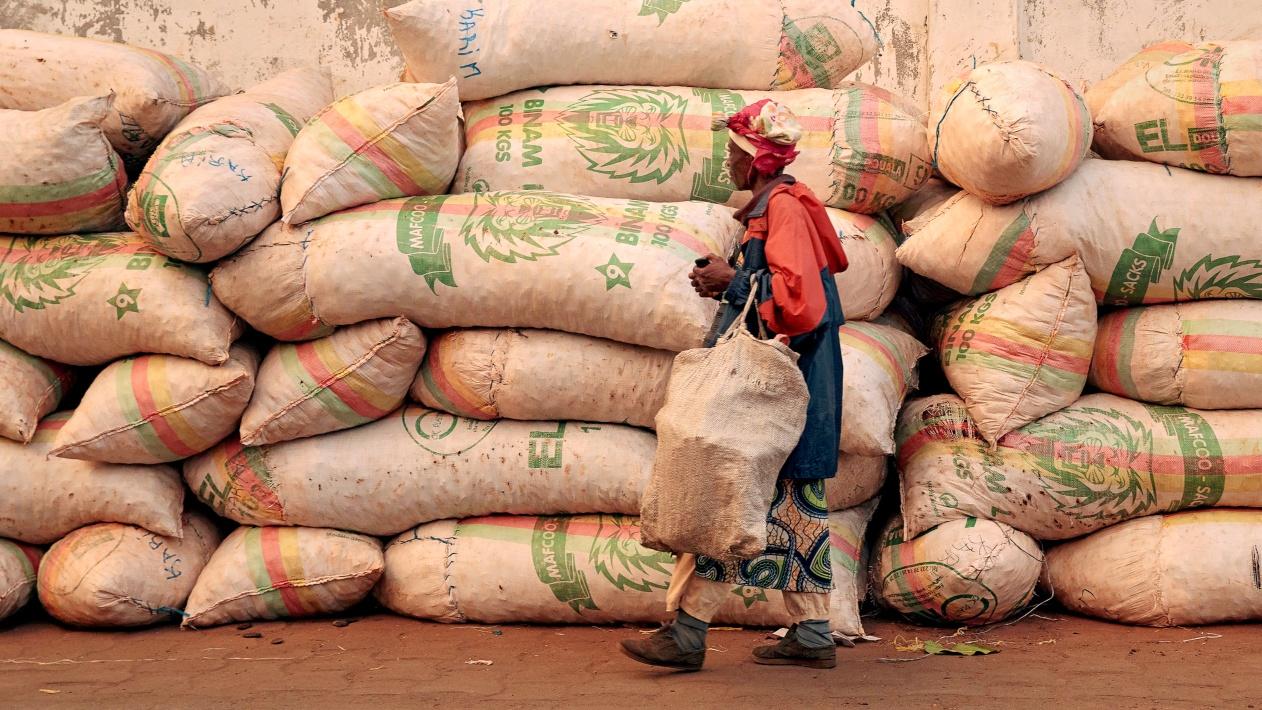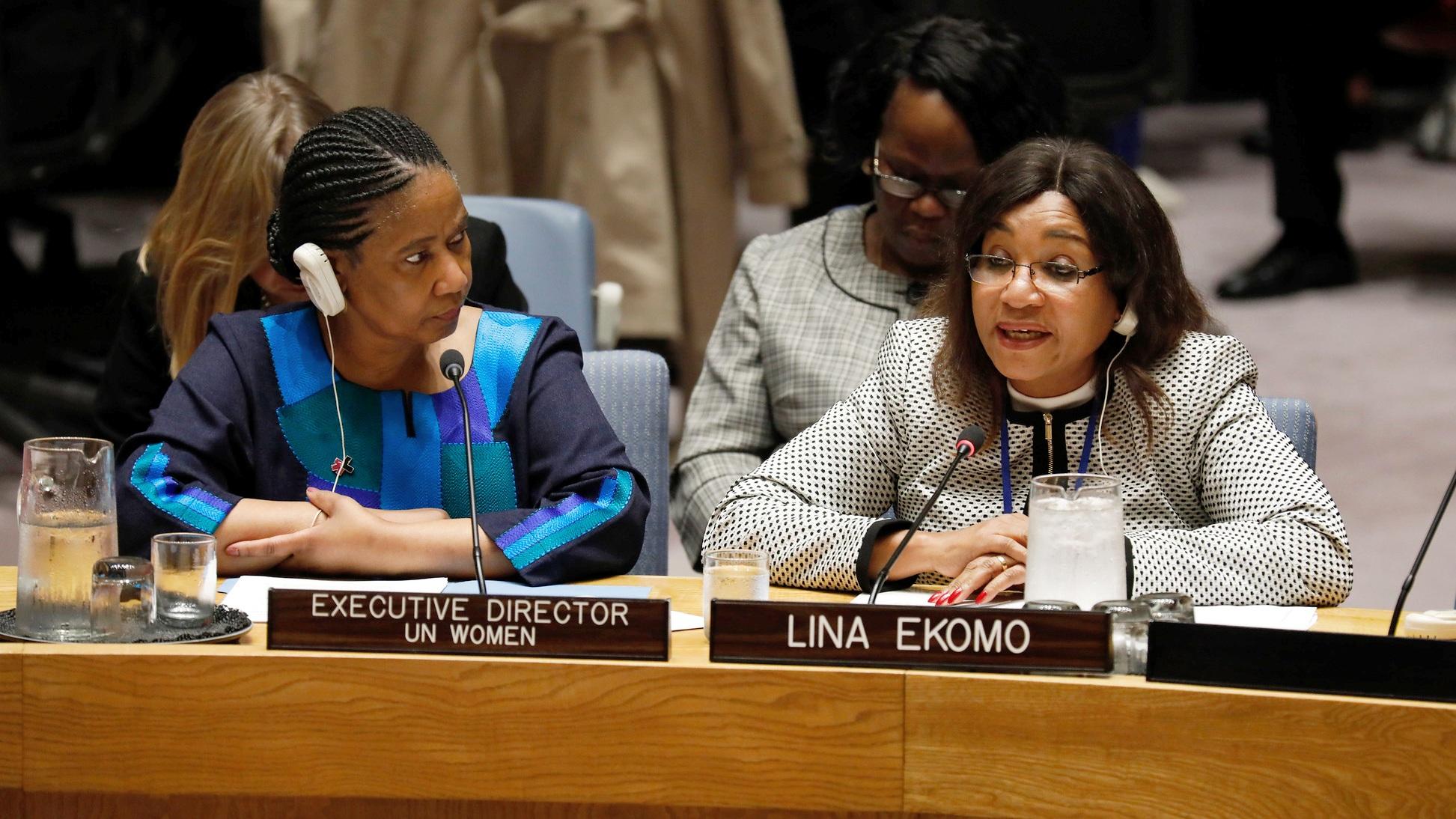On International Women’s Day 2017, Rochelle Burgess recalls an encounter with a mother of three in a rural village in South Africa. She contends that it is in the stories and struggles of women in such far off places where the most crucial lessons for female leadership in Africa can be found.
Nearly 10 years ago, I organised a workshop on participatory methods with Robert Chambers. A pioneer in efforts to problematise debates of power and knowledge in development, he made a remark that seemed so off the cuff that he would not have imagined it would stick so many years later. I use the phrase with surprising regularity, in teaching and my own research, in my own efforts to shift hidden voices to the foreground of global health and development debates. He said that if we wanted to tell the truths of this world, we would have to “go beyond the tarmac” – demanding that we reject the biases created by the luxury of paved roads and the ability of their presence to determine where aid, support and policy start, and end.

In much of my work trying to understand the intersections of global health policy with the lives and agency of everyday women, I have embodied this call. Choosing to work in rural places, in areas where roads are easily washed away by rain or etched for the first time by a giant 4×4. And it is in these spaces that I find the most inspiring and dramatic stories of leadership, feminism, power, and agency. In these women’s stories reside some of the most crucial aspects of leadership for the future of the African continent. These are not women who are saved by development – on the contrary, these are the women that development has forgotten, so far off the beaten path that their struggles are off the radar. In honour of International Women’s Day, I would like to share the story of one woman that has stayed with me.
In 2010, during my PhD fieldwork, I spent a month in a very rural village in Kwa-Zulu Natal, South Africa. This was where I met Nomvule¹. A mother of three, she lived on a remote piece of land about an hour’s drive from anywhere. The realities of this rural town are shared by many rural sewttings: high rates of unemployment, limited labour markets (beyond informal markets or the remnants of subsistence farming), poor access to basic amenities such as running water, electricity, or sewage systems.
Nomvule came to Manguzi ten years earlier, when her husband took the family there after she disclosed her HIV positive status to him. Soon after they were settled, he returned to the city and was never seen again. I spent the day with Nomvule and her children, listening to her story as part of a project on community mental health services, where I was seeking to understand the degree of ‘fit’ between what women understood as their mental health related needs and what services had to offer in response to women like her.
Her life unfolded as a story of continued struggle. She told me about the chronic pain that made it very difficult for her to engage in basket weaving, her only source of income. She described her emotional struggle with her husband’s abandonment of their family and his refusal to support the children’s needs, his ongoing denial of his own HIV positive status and the fact that he transmitted the virus to her. She spoke about her fear of being alone, about living in fear of the opportunistic violence that many women faced at the hands of equally impoverished young men, who stole what little she had. She related the shame she felt at not having enough money to buy food for her children on a regular basis and the limitations she faced in relying on neighbours and people from her church – as ‘they are in need, just like me’.
She spoke of her ongoing sadness at these things – her inability to sleep, her ongoing worries. The more we talked, the more it became clear that at the heart of her emotional distress were the struggles of a fractured social world. Wider structural concerns of poverty and lack of employment opportunities, symbolic factors such as community norms of ‘good motherhood’ that left her feeling ashamed, lying awake at night, and wishing for something to end it all.
But she also spoke of how she carried on. Each day, she went on to tell me, she persisted despite the seeming impossibility of her circumstances. She did not end it all. It seems unfair to label this ‘resilience’ – a terminology that diminishes the hard work and struggle embodied by the fact that she was able to speak to me that day. She was an agent in her own life, using resources, such as her skills in weaving mats, to earn small amounts of income to improve her life.
I have not had the chance to return to Manguzi in my subsequent trips to South Africa. But many other women I have met since then share the same story. 20 years after apartheid, many women in the South Africa still struggle for access to basic goods and services such as quality housing, food, clothing and education for their children. It doesn’t need to be this way – the slow wheels of progress tell us that change will come for women like Nomvule. Eventually. But while we wait and work to drive that change, I think it is important that no-one forget that women like her, every day, survive. And survival itself can be, and should be, seen as heroic. So today and every International Women’s Day since 2009, that is who I remember, and that is who I celebrate.
Rochelle Burgess (@thewrittenro) is a Visiting Lecturer in LSE’s Department of International Development and a Fellow in the Firoz Lalji Centre for Africa.
¹Name has been changed to protect anonymity
The views expressed in this post are those of the author and in no way reflect those of the Africa at LSE blog or the London School of Economics and Political Science.





